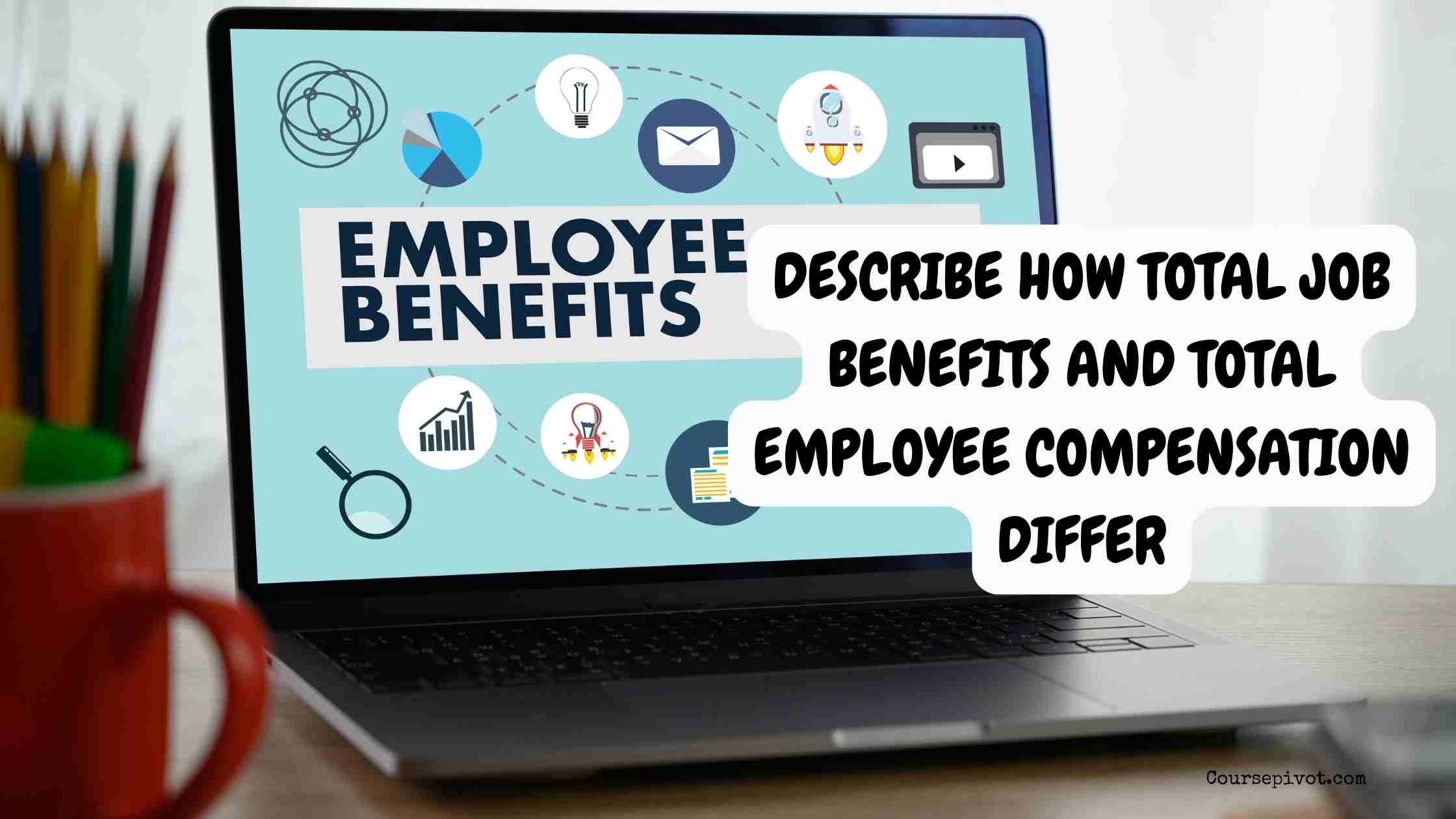
How Total Job Benefits and Total Employee Compensation Differ
At first glance, job benefits and employee compensation might sound like the same thing—but they’re not. Both are part of what an employee receives from their employer, but they represent different elements of a worker’s total rewards package.
Let’s break it down clearly.
🔹 What Is Total Employee Compensation?
Total employee compensation includes all forms of direct and indirect pay that an employee receives in exchange for their work.
This includes:
- Base salary or hourly wage
- Overtime pay
- Bonuses or commissions
- Incentives or profit sharing
- Stock options or equity
- Paid time off (as part of compensation)
Think of it as the complete financial value of what an employee earns, including cash and non-cash elements that have a financial value.
Read our blog on Top 10 Reasons for Leaving a Job Sample
🔸 What Are Total Job Benefits?
Total job benefits, often called employee benefits, refer to the non-wage perks and services that come with a job—usually focused on well-being, security, and convenience.
These include:
- Health insurance (medical, dental, vision)
- Retirement plans (401(k), pensions)
- Life and disability insurance
- Paid leave (sick days, vacation, parental leave)
- Tuition assistance
- Flexible schedules or remote work options
- Wellness programs or gym memberships
While these don’t appear on your paycheck, they hold significant value.
🧾 Key Differences Between Job Benefits and Compensation
| Feature | Total Employee Compensation | Total Job Benefits |
|---|---|---|
| Type of reward | Financial (direct + indirect income) | Non-cash perks and services |
| Includes salary? | Yes | No |
| Taxable? | Usually yes | Often no (many benefits are tax-exempt) |
| Appears on paycheck? | Yes (base pay, bonuses, etc.) | No (may appear on benefit statements) |
| Main focus | Pay for work done | Support for health, work-life balance, and security |
🧠 Simple Way to Remember
- Compensation = Money paid for work
- Benefits = Extras that improve your quality of life
🧩 Why the Difference Matters
Understanding this distinction helps both employees and employers:
- Employees can evaluate the true value of a job offer.
- Employers can build more competitive packages by balancing pay and perks.
For example, a job that pays $60,000 may come with $15,000 in benefits—making the total value of the job much higher than just the salary alone.
In short, total compensation is the complete paycheck-related value of your work, while total job benefits are the non-monetary extras that make your job more valuable and livable. Together, they form the full picture of what a job is worth.
Cite this article
You can copy and paste your preferred citation format below.
Martin, L. & Arquette, E.. (2025, May 26). How Total Job Benefits and Total Employee Compensation Differ. Coursepivot.com. https://coursepivot.com/blog/describe-how-total-job-benefits-and-total-employee-compensation-differ/



